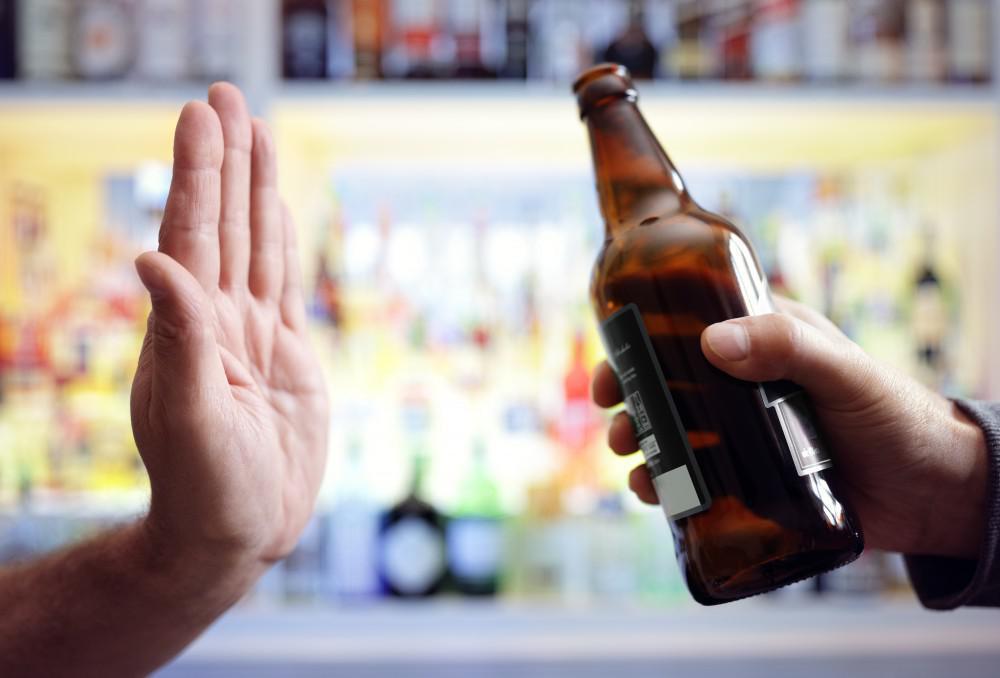
5 Tips for Staying Sober
You’ve done the work to become clean and sober, and you want to do what you can to stay that way. Here are five great tips that will help you safeguard your freedom from a substance use disorder.

Triggers are a natural part of recovery—but they don’t have to lead to relapse. Learning to recognize and manage your triggers is one of the most important skills for building lasting sobriety.
In this post, we’ll explain what triggers are, how they work, and the coping strategies that can help you stay grounded and in control.
A trigger is anything that sparks a craving or desire to return to substance use. Triggers can be external (places, people, objects) or internal (feelings, thoughts, memories).
Triggers are normal—but you can learn how to respond to them in healthier ways.
When you’re triggered, your brain may start sending the message: “I need this substance to feel better right now.”
This happens because substances previously provided relief or escape. But in recovery, we begin to break that pattern by training the brain to respond differently—with tools, not substances.
The good news? You don’t have to white-knuckle your way through triggers. Here are a few strategies that work:
Bring yourself back to the present moment.
If possible, physically move away from the trigger—step outside, go for a walk, or call a sober friend.
Write down what you’re feeling and why the urge is coming up. This creates space between you and the craving.
Have a list ready of activities you can turn to:
It’s also okay to set healthy boundaries:
Every time you overcome a trigger, you strengthen your recovery. Instead of seeing them as setbacks, start seeing triggers as opportunities to grow stronger, more self-aware, and more in control.
Learning to cope with triggers is a skill—and like any skill, it gets better with practice and guidance. Outpatient care offers a safe space to talk through your triggers and build a plan that works for your real life.
Need help building a personalized coping toolkit? Let’s talk. You don’t have to manage it all alone.

You’ve done the work to become clean and sober, and you want to do what you can to stay that way. Here are five great tips that will help you safeguard your freedom from a substance use disorder.

The connection between a substance use disorder and a mental health issue is a strong one, as the nearly eight million Americans who have a co-morbidity prove. When this occurs, treating both issues is paramount.

Addiction is a chronic disease that requires constant vigilance and good management. When a person falls short, relapse can occur. If you’re worried that a loved one has relapsed, here are some signs to look out for.

You believe that you’re drinking isn’t normal anymore, and you’re tired of the overwhelmingly negative effects that alcohol is having on your life. The good news is that alcoholism is highly treatable.

The rise in availability of telehealth services has been great news for those who need (or would prefer) to receive quality health care from the comfort of their own homes. These services also extend to substance use disorders.

Marijuana may be legal, but like with alcohol, how you use this legal substance makes a difference. If you develop a use disorder, marijuana can be quite harmful and affect a number of areas of your life.